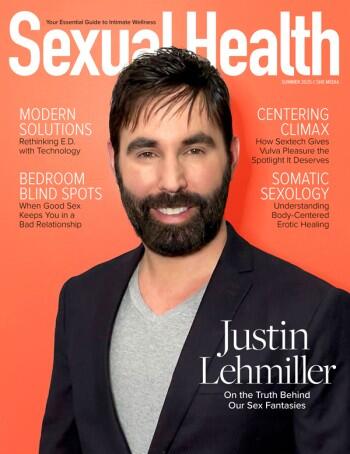U.S. District Judge Sarah Evans Barker ruled Tuesday that the law was too broad, saying it could be applied against "unquestionably lawful, nonobscene, nonpornographic materials being sold to adults."
"A romance novel sold at a drugstore, a magazine offering sex advice in a grocery store checkout line, an R-rated DVD sold by a video rental shop, a collection of old Playboy magazines sold by a widow at a garage sale ... would appear to necessitate registration under the statute," Barker wrote.
The American Civil Liberties Union represented a group of plaintiffs that included the Indianapolis Museum of Art and mainstream bookstores and publishers.
"It's a victory for booksellers and the arts community, but most importantly for the First Amendment," Maxwell Anderson, the art museum's CEO, told reporters. "I'm concerned, as we all should be, about restrictions on free expression."
Elizabeth Houghton Barden, owner of Big Hat Books, an independent, general-interest store in Indianapolis, said she and her fellow plaintiffs did not want to see lingerie shops opening up next to candy stores, but that was a matter for zoning boards.
The state representative who wrote the law, Terry Goodin, D-Crothersville, said he wanted to stop companies from deceiving communities that had weak zoning laws.
"I don't see this gray area that people are talking about," Goodin was quoted as saying. "To me, it's black and white. If you're selling pornography, you know it. If you're not, you don't have to register."
In Barker's ruling, she called the state law unconstitutionally vague.
"The statute provides no guidance whatsoever to merchants attempting to comply with the law, and surely creates the danger of self-censorship in an effort to avoid criminal penalties," the judge wrote.
Goodin said he would confer with the state attorney general before deciding what to do next. He did not rule out trying again with another bill in the 2009 legislative session.
ACLU attorney Ken Falk noted the plaintiffs included the volunteer-run Boxcar Books and Community Center in Bloomington, art galleries, and trade associations representing booksellers, publishers, libraries, video rental stores and music companies.
"They are all legitimate businesses that are far from being the 'dirty bookstore,'" Falk told reporters.








